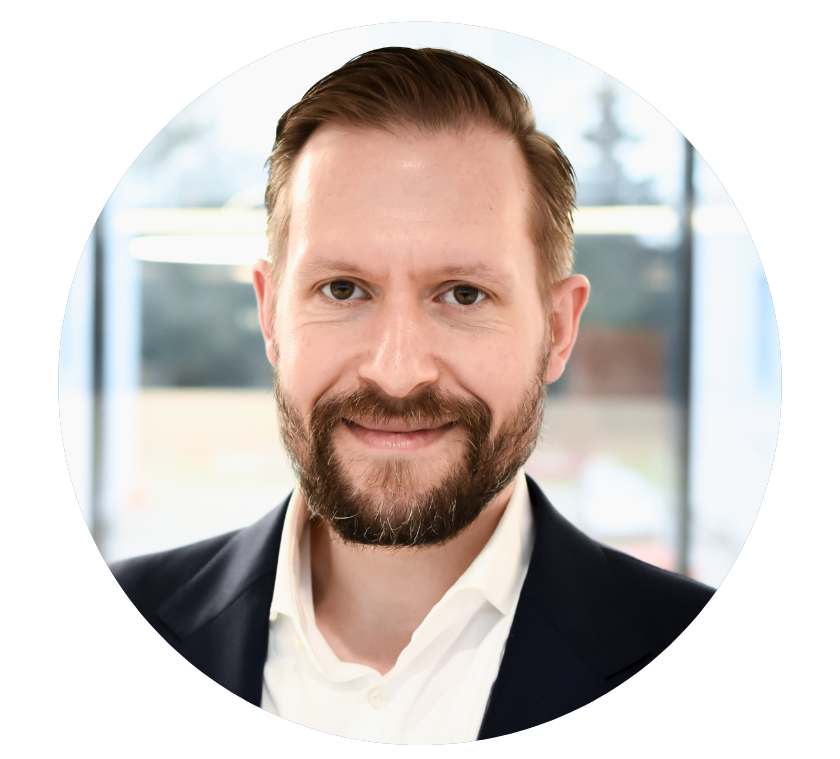Open Workshop: Experiments in Entrepreneurship
Friday, January 31, 2025, 15:00 – 17:00
SSE Riga, Room 507
The aim of the Open Workshop Series in Business and Management Studies is to promote top-quality academic and applied research in various fields of the social sciences. This is a unique opportunity for sharing knowledge and networking with local and international community members.
Speaker: Prof. Matthias Baum, University of Bayreuth, Germany
In entrepreneurship research, the need for stronger evidence on causality and methodological rigor has never been more critical. Establishing causal relationships is essential to understand how entrepreneurial actions lead to specific outcomes, yet this remains a challenge due to the complexity of studying dynamic, real-world phenomena. Additionally, ensuring methodological rigor is vital to enhance the credibility and reproducibility of findings, addressing broader concerns like the “replication crisis” in social sciences.
Experiments are a powerful tool to tackle these challenges. By manipulating variables under controlled conditions, experiments allow researchers to test causal relationships with precision and overcome issues such as endogeneity and confounding factors. They provide a structured approach to generate robust evidence, making them an increasingly valuable method in entrepreneurship research.
This workshop, led by Professor Matthias Baum from the University of Bayreuth, is designed to help researchers understand the importance of causality checks and how experiments can be effectively utilized to address critical methodological challenges. Participants will learn about the principles of experimental design, the trade-offs involved, and the practical considerations for implementing experiments in their studies.
To provide actionable insights, the workshop will feature specific examples of experiments, including combinations of experimental approaches such as lab studies, field experiments, and vignette-based designs. These examples will demonstrate how to craft experiments that balance internal and external validity while addressing ethical considerations.
Workshop will also provide with some insights on current empirical trends and some brief foundations about what it takes to publish in main peer-reviewed journals.

Prof. Matthias Baum holds the Chair of Entrepreneurship and Digital Business Models at the Faculty of Law, Business, and Economics at the University of Bayreuth, where he also serves as the Director of the Institute for Entrepreneurship & Innovation. His research broadly focuses on decision-making at different levels of analysis and specifically covers entrepreneurship, the management of startups and SMEs, and the growth dynamics of young technology ventures.
Professor Baum has successfully published his work in leading academic journals, including the Journal of Business Venturing, Entrepreneurship Theory & Practice, Journal of International Business Studies, Human Resource Management and the Journal of World Business, He is a reviewer for numerous top-tier journals and serves on the editorial boards of the Journal of Business Venturing and the Journal of World Business.
Professor Baum frequently utilizes experimental methods in his research while also conducting methodological studies aimed at addressing empirical challenges in entrepreneurship, such as endogeneity, and advancing the improvement of experimental methodologies.
This workshop offers a unique opportunity to learn from one of the field's leading experts and elevate your research in entrepreneurship.
Discussion moderated by Prof. Arnis Sauka.
Attendance is free of charge.
Please sign up for the seminar, by writing to arnis.sauka@sseriga.edu by January 29, 2025.
The aim of the SSE Riga Open Workshop Series is to:
- Foster cooperation between business and management researchers, practitioners and policymakers, as well as
- Promote academic and applied research in various fields of the social sciences, focusing on but not limited to entrepreneurship, marketing, management, public administration, and strategy.
Organised by Professor Arnis Sauka, the Centre for Sustainable Business at SSE Riga

